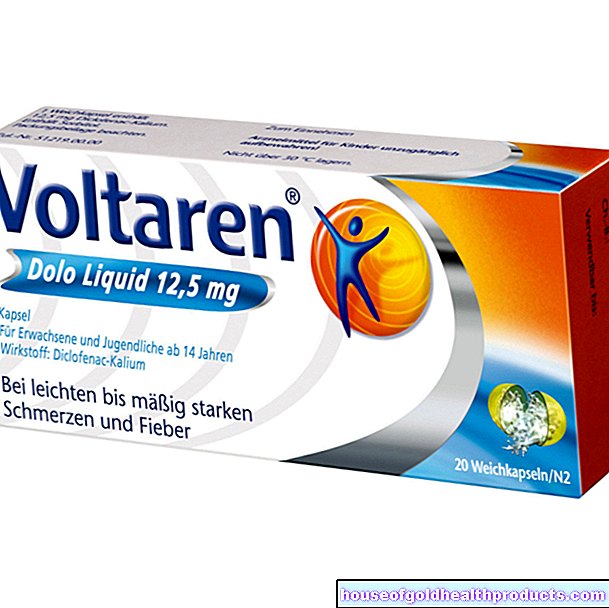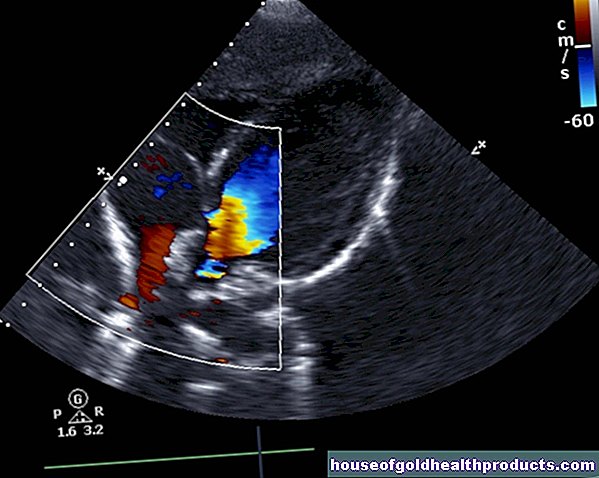Depression fuels psoriatic arthritis
Christiane Fux studied journalism and psychology in Hamburg. The experienced medical editor has been writing magazine articles, news and factual texts on all conceivable health topics since 2001. In addition to her work for, Christiane Fux is also active in prose. Her first crime novel was published in 2012, and she also writes, designs and publishes her own crime plays.
More posts by Christiane Fux All content is checked by medical journalists.In some psoriasis patients, the disease also affects the joints. But why it affects some but not others is unclear. It is now evident that the psyche could play a central role in this.
Pronounced psoriasis often stresses the patient even more emotionally than physically. The reddened areas of skin covered with silvery scales make people feel insecure or even arouse disgust. This makes those affected feel unattractive and unhappy. That could explain why their risk of developing depression is almost a third higher than the rest of the population.
Psoriasis jumps on the joints
Researchers led by Cheryl Barnabe from the University of Calgary have now investigated whether the psyche has an influence on whether the disease also affects the joints. Psoriatic arthritis is what doctors call this special form of inflammatory joint disease.
The basis of their considerations was that in people with depression, hidden inflammatory processes in the body are intensified. This is one of the reasons why, for example, the risk of diabetes or cardiovascular diseases increases when one is depressed. It seems obvious that an inflammatory disease such as psoriasis is also fueled by the inflammatory process.
In addition, depression is often associated with an unhealthy lifestyle: poor diet, too little exercise, smoking and increased alcohol consumption could also have a negative impact on the course of psoriasis.
Depression has a physical impact
"There is a tendency to classify depression as a purely psychological, emotional illness - and it also has serious physical effects," says study leader Barnabe.
For their investigation, the scientists drew on a data pool of more than 70,000 patients who had only just been diagnosed with psoriasis at the beginning of the study. The participants' health development was then monitored over a period of 25 years and it was also recorded who suffered from psoriatic arthritis and who suffered from depression.
In fact, the psyche had a major influence on the arthritis risk of the participants: It was 37 percent higher for those who developed depression than for psoriatic patients, whose mental state remained stable.
Recognize depression faster
Attending physicians should always keep an eye on a possible depressive illness in patients with psoriasis, the researchers urge. With early psychological help, not only could the patient's quality of life be improved, but arthritis could also be avoided.
Painful swellings
Around two million people in Germany suffer from psoriasis, in around five to ten percent of them the inflammation spreads to the joints. The hands, feet or spine are usually affected. Typically, individual joints or even the entire finger or toe swell painfully. Psoriatic arthritis usually accompanies psoriasis, but it can also precede skin changes.
Tags: pregnancy birth hair therapies


















-mit-mickymaus-am-tannenbaum.jpg)











